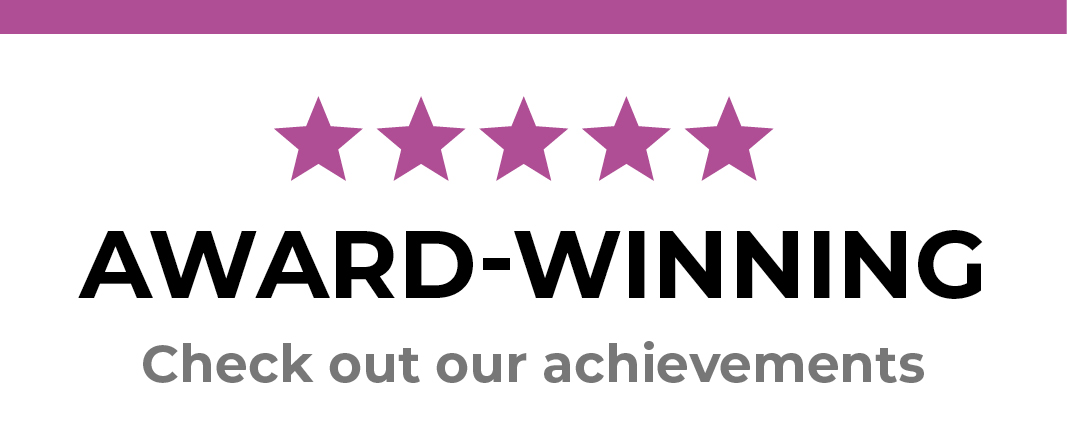Is it time to remortgage?
Barclays* recently announced an analysis of the mortgage market, predicting significant changes between July and December 2024. During this period, over £98.4 billion worth of residential mortgages and £16.4 billion worth of buy-to-let deals will be ending.
Do you hold one of these mortgages?
If you need help securing a new mortgage on a property you already own, contact us today to see what deals we can find for you. Keep reading to discover some reasons why you might want to remortgage.
Let’s start with the obvious: your current deal is about to end.
Fixed-term mortgages typically last between two and five years. After this period, you’ll transition to your lender’s ‘standard variable rate’ (SVR), which is likely to be higher than your previous interest rate. Currently, SVRs are around 7.5% to 8.5%. To avoid this, it’s wise to be ready to remortgage before your fixed rate expires—six months before the end is an ideal time to start looking for a new rate. Chat with us directly to avoid delays!
Another reason to consider remortgaging? You want a better rate.
Be cautious, though: you may have to pay an early repayment charge (ERC), which is often 2-5% of your outstanding loan, along with a small exit fee (such as an ‘admin fee’ or a ‘deeds release fee’). However, after weighing up the options, the savings from switching deals may make this a better long-term choice. We can help you assess the costs associated with securing a better interest rate, so don’t be discouraged from searching for a better deal.
Another consideration: the market value of your house!
You may find that your property’s value has significantly increased, placing you in a lower loan-to-value band, which could make you eligible for lower interest rates. Let us investigate this for you if you think you may be eligible.
Perhaps you want to pay more towards your mortgage, but your lender won’t allow it?
If you’ve received a pay rise or inherited some money, you may be keen to reduce your mortgage balance by making extra payments but find that you’re unable to do so.
A remortgage could allow you to reduce the loan size and potentially secure a more competitive rate as a result. But, as mentioned earlier, watch out for any early repayment charges or exit fees. We can help you compare these costs to how much you’d save with a lower mortgage.
Are you considering switching from an interest-only to a repayment mortgage?
Before considering remortgaging, your lender may be willing to make this change for you. In many cases, you can even convert part of the loan to capital repayment while leaving some on your interest-only deal. For instance, if you have an underperforming endowment mortgage that is likely to result in a shortfall at the end of the term, switching to a capital repayment arrangement could be beneficial.
Or maybe you’re looking to borrow more?
Keep in mind that the most acceptable reasons to raise additional funds are for home improvements or paying off other debts. Be prepared for your lender to request evidence if you’re borrowing a significant amount, such as builder quotes or proof that you’ve paid off debts.
With all these points in mind, let’s consider when it might not be suitable to remortgage:
- It may not be worth switching lenders if your mortgage is low. You’re less likely to make a saving if the fees are high, and some lenders won’t even take on mortgages below £25,000.
- It could be too costly to free yourself from your current deal. However, do your homework and be ready to remortgage as soon as possible.
- Your financial situation may have changed since you took out your current mortgage. For example, if one of you has stopped working or you’ve become self-employed. Strict mortgage rules mean lenders must see evidence of your income.
- Regrettably, if your house price has fallen, you may be in negative equity, where your debt exceeds the property’s value. Options include making overpayments whenever you can (as long as you won’t incur fees) and waiting for prices in your area to rise again.
- If you need to borrow more than 90% of your property’s value, it may be difficult to find a better rate. However, 95% mortgages are more competitive these days, so it’s worth checking to see if switching is beneficial.
- Lenders will scrutinise your outgoings and expect a perfect repayment history, so make sure your credit record is clean.
- You may already be on an excellent deal!
We can discuss these factors with you directly to ensure you receive expert advice.
For more information call us on – 01494 358835
Source:
*CACI Ltd Mortgage Market Database as at February 2024
https://www.moneysavingexpert.com/mortgages/why-remortgage
Your Home (or property) may be repossessed if you do not keep up repayments on your mortgage or any other debts secured on it.


